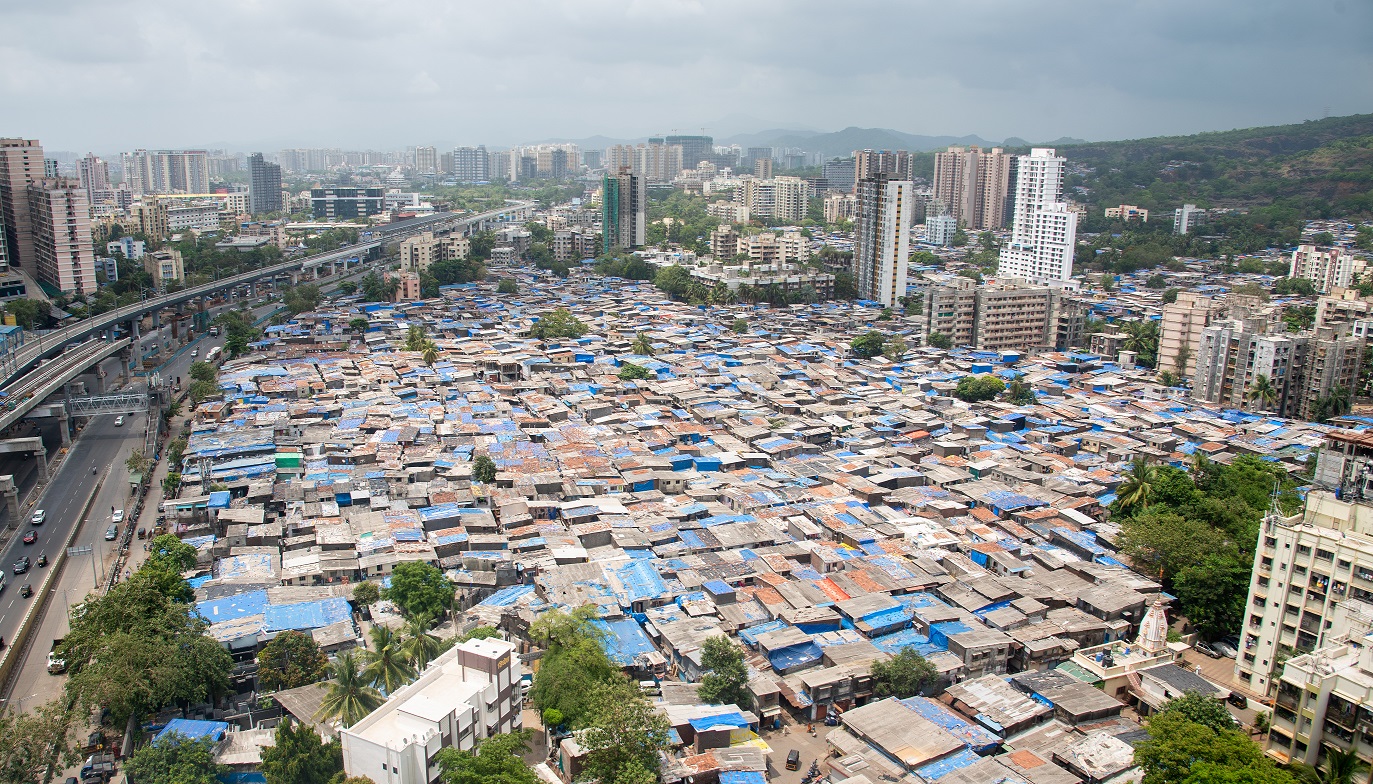In cooperation with the Ministry of Foreign Affairs of the Republic of Indonesia and the British Embassy, Jakarta
Wilton Park’s first conference to take place in Indonesia.
The world’s largest archipelago of 17,000 islands, Indonesia supports tremendous biodiversity of animal and plant life and is rich in natural resources. Indonesia’s economic progress in the last decade is internationally recognised, and it retains a growth rate of some 6.3%. Yet the economy is increasingly based on natural resources, contributing to over 20% of government revenues. Pressure on natural resources is growing, as Indonesia’s population becomes more urbanised.
The Government of Indonesia is moving towards a more sustainable growth pattern. It is committed to ambitious targets for reducing carbon emissions by 2020 by a minimum of 26% and up to 41%. The successful implementation of this plan is key to future economic development, and will enhance Indonesia’s global standing and influence.
Key issues discussed at the conference included:
- The importance of the recognition by the Government of Indonesia that fair and equal access to resources is part of the sustainable use of those resources;
- Transformation of the energy system is inevitable; while this may appear costly initially, there is longer term benefit and investment in energy infrastructure represents a huge opportunity;
- Governance issues are crucial and there is a disconnect between central and local government; local ownership and community-based management is required to ensure resilient local livelihoods and sustainable development;
- Building rural economies through establishing clusters, co-locating generation of renewable energy with businesses needing to use it and integrating landscape planning, can be effective for stimulating sustainable growth with equity;
- Investment should be directed, or re-directed, to promote low carbon development, and to help Indonesia move higher up the value chain;
- Coordination, monitoring and evaluation of policies is crucial, while a proliferation of targets can lead to gridlock;
- Education and training will equip the next generation to make the most of green growth, whilst behaviour change is needed to transform mindsets about energy use and waste;
- Subsidies need to be tackled, so they are switched from rewarding fossil fuel consumption and towards supporting low carbon alternatives;
- Fiscal incentives, including taxation policy, are important to create the conditions for green growth to thrive.
Further information
Wilton Park and Indonesian Ministry of Foreign Affairs sign partnership agreement
Why sustainable development is a question of economics
Speech by HE Dr RM Marty M Natalegawa, Minister of Foreign Affairs, Republic of Indonesia
Conference: Indonesia: political and economic prospects
Conference: Indonesia: what role as a contemporary global actor?












